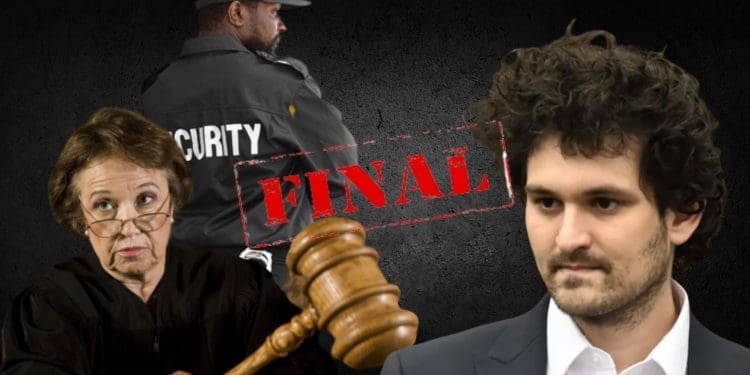- Sam Bankman-Fried, founder of the collapsed crypto exchange FTX, repeatedly denied knowing that billions in customer funds were misused until just before the company’s bankruptcy. He claimed ignorance when questioned about the misappropriation of assets.
- Bankman-Fried struggled to provide clear answers when asked if he had authorized using customer funds for investments, real estate, and other expenses. He could not name any employees who might have approved tapping into client funds.
- Both prosecution and defense rested their cases on Tuesday after Bankman-Fried’s testimony. Closing arguments are scheduled for Wednesday in the fraud trial stemming from FTX’s multibillion-dollar collapse.
Sam Bankman-Fried, founder of the now-defunct cryptocurrency exchange FTX, took the stand for his second day of testimony in his criminal fraud trial on Tuesday. Throughout his grilling by federal prosecutor Danielle Sassoon, Bankman-Fried repeatedly denied knowing that billions of dollars of customer funds had been misused until just before his company’s collapse.
Questioning Focuses on Missing Customer Money
Over and over, Bankman-Fried claimed ignorance about the misappropriation of customer assets by FTX before its bankruptcy. When asked if he had authorized employees to spend customer money on investments, real estate, and other expenses, the 31-year-old founder struggled to provide clear answers. He could not name any employees who might have approved tapping into client funds for those purposes. “I don’t recall giving any direction,” Bankman-Fried stated multiple times regarding the expenditure of customer money.
Trial Nears Its Conclusion
Both the prosecution and defense rested their cases on Tuesday following Bankman-Fried’s testimony. Closing arguments are scheduled for Wednesday. The founder’s statements under oath will likely factor heavily into whether the jury finds him guilty of fraud charges related to FTX’s multibillion-dollar implosion.
Bankman-Fried built FTX into one of the world’s largest crypto exchanges before its swift collapse in November 2022 wiped out billions in investor funds. His trial is one of the most anticipated white collar crime cases in recent years. The outcome will help shape ongoing efforts to regulate the digital asset industry.














